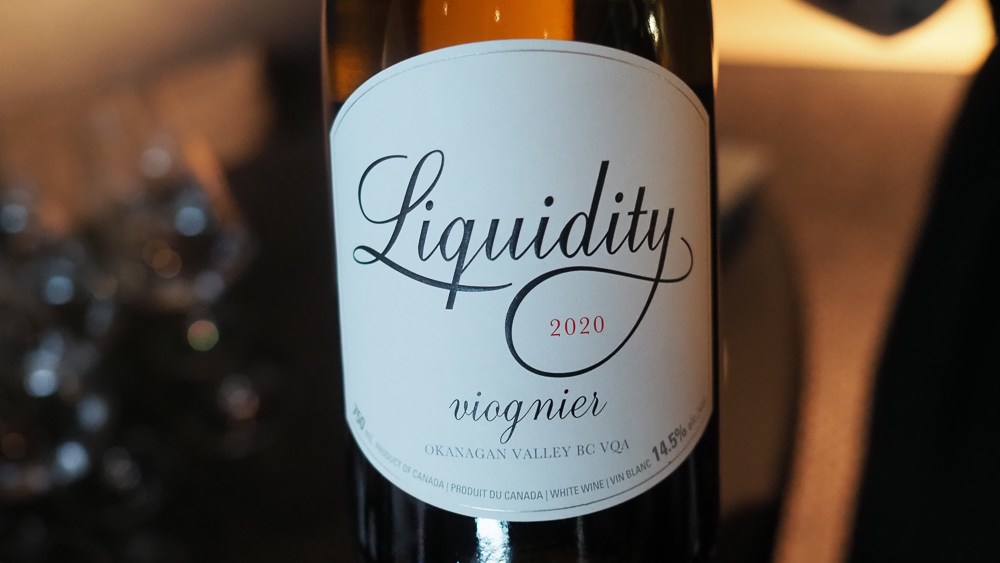As Alberta continues to reach new heights in the third wave of the pandemic, I have remained cloistered away in the dusty solitude of my wine cellar, emerging only for the weekly grocery and wine deliveries. My friendly neighbourhood booze merchant deserves a gold star this week for building me a mixed case of Bordeaux wines, as my stocks at home were running dangerously low.
Faithful readers may recognize Bordeaux as one of the premier wine regions in the entire world. Located in southwestern France, the Bordeaux wine region enjoys a maritime climate, with most of the vineyards planted near the banks of the Gironde estuary that spills into the Atlantic Ocean. Vineyards on the left bank of the Gironde River are primarily Cabernet Sauvignon, which thrives with the cool ocean air blowing over the vines. Right-bank Bordeaux wines are primarily Merlot, which prefer the warmer temperatures found slightly further inland.
The winemakers of Bordeaux are steeped in tradition, with the first vines planted by the Roman Empire in the first century. The wines of the region were first recognized as exceptional by none other than Pliny the Elder in the year 71, but it took a grumpy little man named Emperor Napoleon III to make the rest of the world take notice, with the Bordeaux Wine Official Classification of 1855, which classified the different estates into five categories known as crus, with Premier Cru the highest and most expensive classification.
These classifications have gone largely unchanged since 1855, with the vineyard owners firmly entrenched in retaining their coveted classifications, which include not only clearly delineated parcels of land, but also the permissible grape varietals. For nearly two centuries, the permitted red grapes of Bordeaux have been Cab Sauv, Cab Franc, Merlot, Petit Verdot, Malbec, and Carménère. If any other grapes were used, the wine could not legally be labeled as Bordeaux.
In a revelation that has shocked the wine world to its very foundations, the staid and traditional wine authorities of France have accepted the reality of climate change, and approved four new red grape varietals in Bordeaux wines, as rising temperatures are becoming too warm for the Merlot grape.
This news may be particularly disconcerting to some of our illustrious federal politicians here in Canada that recently voted to continue denying the existence of climate change, so I can only assume that they will accordingly foreswear the consumption of Bordeaux wines from this point forward.
The newly blessed red grapes of Bordeaux are Marselan, Touriga Nacional, Castets, and Arinarnoa. If none of those grapes sound as familiar as Cab Sauv or Merlot, do not worry, as you have likely already enjoyed these grapes when they were hidden away in blended wines.
The Marselan grape is a heat-tolerant hybrid that was bred in 1961 as a cross between Cab Sauv and Grenache, and is an easy substitute for Merlot. Touriga Nacional is the most popular red grape in Portugal, and is fairly similar to Cab Sauv, with a sturdy tannic backbone giving it extended aging potential.
The Castets and Arinarnoa grapes are less well-known, with Castets an almost-forgotten French grape that was rescued from obscurity thanks to its strong resistance to mildew, which will become increasingly important as ambient temperatures continue to rise in Bordeaux.
The Arinarnoa grape is another hybrid, bred as a cross between Cab Sauv and Tannat in 1956, and has similar disease resistance to Castets, with the same strong tannic structure and extended aging potential as its Cab Sauv parent.
The first plantings of these new grapes in Bordeaux happened in 2019, and the vines are expected to become sufficiently mature for harvest in the next year or so. Always cautious to protect their sterling reputations, the winemakers of Bordeaux will tread carefully, blending tiny amounts of these grapes into their established brands over the coming years as new vinification practices are developed for the first new Bordeaux grape varietals in centuries.
If you cannot wait to see how the wines of Bordeaux will fare in the coming years, your friendly neighbourhood booze merchant will be only too happy to recommend some of the many wines already made with these new grapes. I have long been a fan of Touriga Nacional wines from Portugal, so give that a try while you wait for the new wines of Bordeaux!








